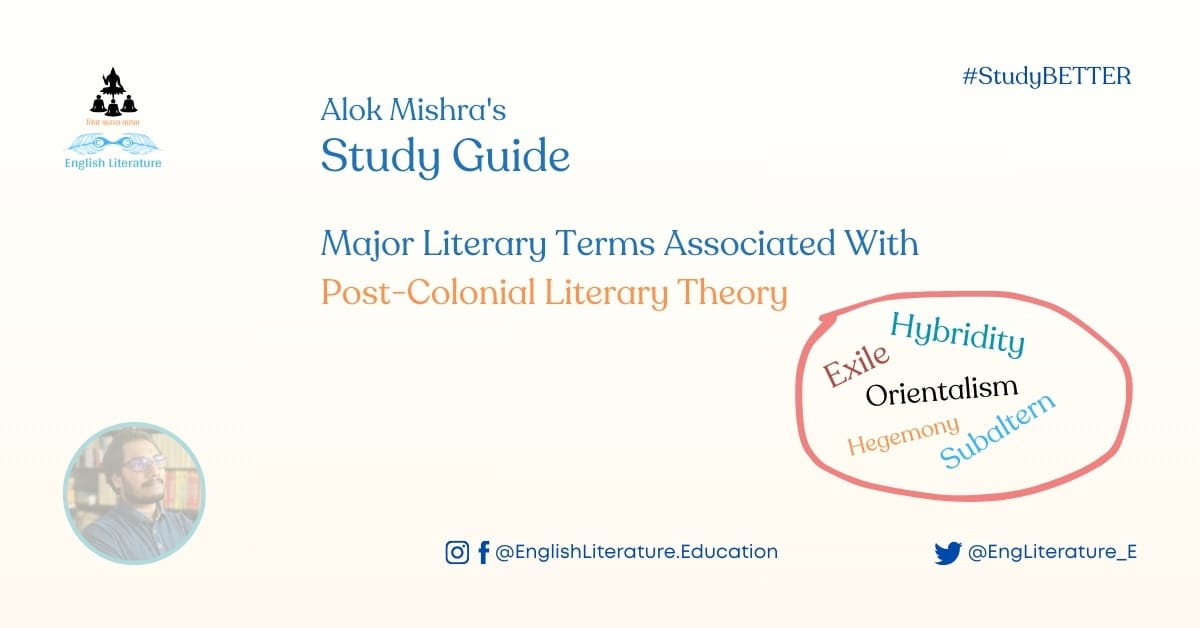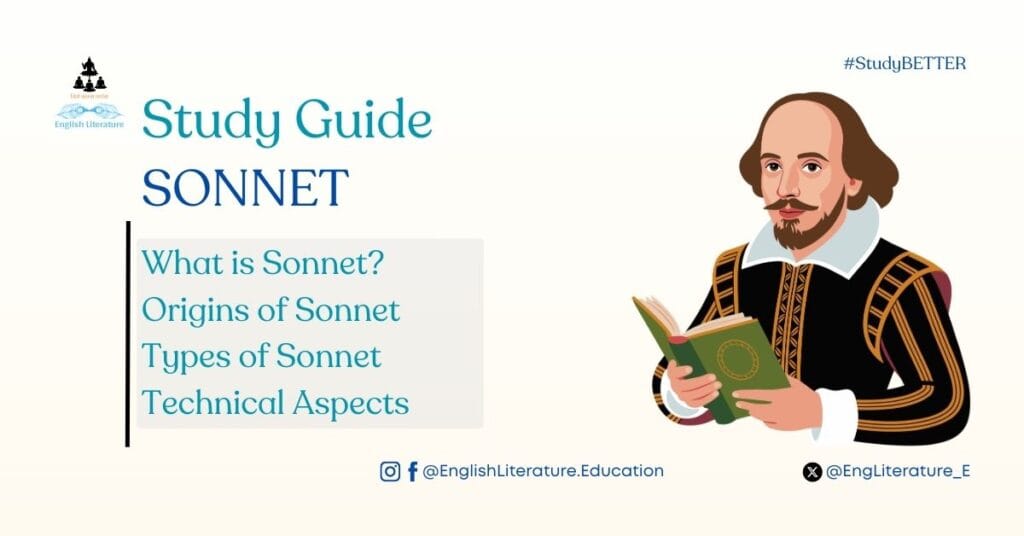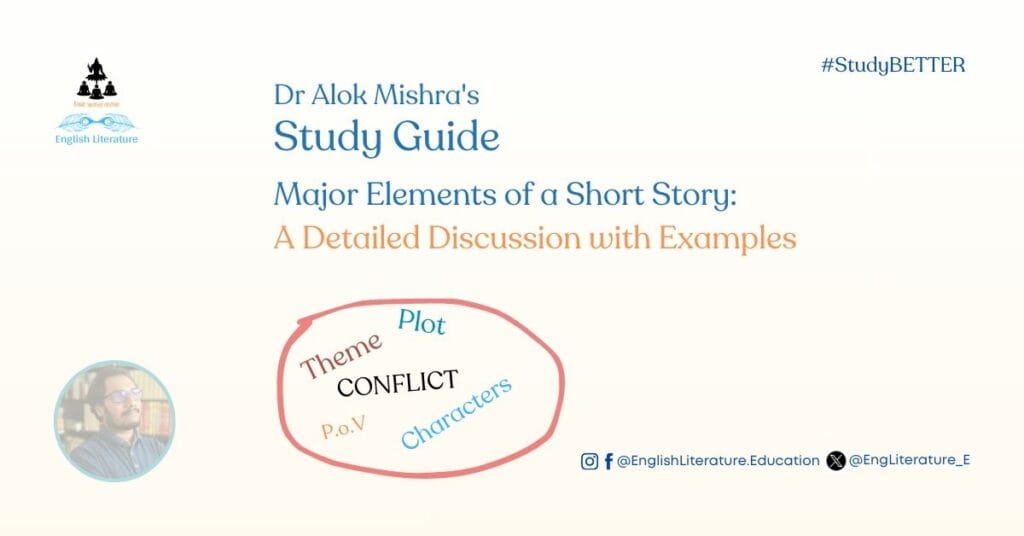Post-Colonial Literary Terms You Must Know: A Gateway to Post-Colonial Critical Analysis
Post-colonial literary theory is a dynamic and transformative field that interrogates the lingering effects of colonialism on cultures, societies, and literature. Engaging with this theory requires a deep understanding of its complex vocabulary, as these terms form the foundation for critical analysis and interpretation. By grasping these concepts, readers can unlock nuanced perspectives on texts, decode the subtle workings of power and resistance, and appreciate the intricate interplay between history, culture, and identity. This glossary of essential terms is a vital toolkit for students, scholars, and enthusiasts of post-colonial literature, equipping them to navigate the theoretical terrain with confidence and insight.
The following list comprises 50 fundamental terms integral to understanding post-colonial literary theory. Each term encapsulates pivotal ideas and frameworks, shedding light on the intricate relationships between coloniser and colonised, the construction of identities, and the legacies of empire. These terms are indispensable for critically engaging with texts that reflect, resist, or reimagine colonial histories.
Post-Colonial Literary Terms
Post-colonialism/Postcolonialism
Post-colonialism is the theoretical exploration of colonisation and decolonisation’s cultural, political, and social consequences. It examines the relationships between colonisers and the colonised, addressing themes like displacement, hybridity, nationalism, and identity. The term extends beyond the historical end of colonial rule to interrogate its enduring legacies in contemporary societies. It focuses on resistance to cultural dominance, emphasising how colonised people reclaim their voices and challenge Eurocentric paradigms. By analysing literature, cultural expressions, and historical narratives, post-colonialism critiques the systems of oppression and explores how they shape individual and collective identities. It has evolved as a critical tool for understanding global inequality, cultural intersections, and power dynamics.
Post-colonial Reading
A post-colonial reading critically examines how texts perpetuate, contest, or reflect colonial ideologies. It scrutinises representations of power, race, and cultural hierarchies, uncovering latent biases and contradictions within literary and historical works. This method often highlights the voices of marginalised or silenced groups, showing how they navigate colonial oppression. By focusing on the dynamics of cultural exchange and resistance, post-colonial readings reveal the impact of colonisation on language, literature, and identity formation. The process also interrogates how colonial narratives influence perceptions of history and culture, offering new perspectives on seemingly familiar works and challenging dominant ideological assumptions.
Commonwealth Literature
Commonwealth Literature traditionally refers to works written in English from former British colonies. Initially intended to celebrate a shared literary heritage, the term is now critiqued for perpetuating colonial hierarchies by privileging English-language texts and excluding indigenous narratives. It embodies the complexities of cultural production under colonialism, revealing how literature was used as a tool of control and resistance. Contemporary studies challenge categorisation, advocating for more inclusive frameworks that recognise linguistic diversity and localised storytelling traditions. The study of Commonwealth Literature underscores the tensions between global literary influence and the reclamation of cultural identity, reflecting broader debates in post-colonial scholarship about representation and power.
Orientalism
Edward Said’s concept of Orientalism highlights how the West constructed the “Orient” as an exotic, mysterious, and inferior counterpart. This discourse justified colonial domination by presenting Eastern cultures as static, primitive, and irrational compared to a dynamic, progressive West. Orientalism operates through literature, art, and academic disciplines, perpetuating stereotypes that shape global perceptions and power relations. It critiques how colonial narratives essentialise and dehumanise Eastern identities, turning them into objects of Western fascination and control. By examining Orientalism, post-colonial theory exposes the ideological structures underpinning colonialism, fostering a critical awareness of how representations perpetuate inequity and sustain cultural hierarchies in a globalised world.
Neo-colonialism/Neo-imperialism
Neo-colonialism describes the indirect continuation of colonial domination after formal political independence. Through economic policies, cultural influence, and political control, former colonial powers maintain exploitative relationships with previously colonised nations. This term critiques globalisation as a tool for perpetuating inequality, as multinational corporations and financial institutions reinforce dependency and suppress local autonomy. Neo-colonialism also manifests in cultural dominance, where Western ideals overshadow indigenous practices. By examining these dynamics, post-colonial theory emphasises the resilience of colonial power structures and advocates for genuine decolonisation. Understanding neo-colonialism is essential for analysing the systemic forces that hinder equitable development and cultural empowerment in the post-independence era.
Hybridity
Hybridity refers to the complex blending of cultures, identities, and languages from colonial encounters. It challenges notions of cultural purity, emphasising fluidity and adaptation in post-colonial contexts. The concept explores how colonised societies incorporate and transform elements of the coloniser’s culture, creating new, hybrid identities. Hybridity undermines fixed binaries like coloniser/colonised, self/other, and tradition/modernity, revealing the interconnectedness of cultural expressions. It also highlights resistance, as hybridity often subverts the authority of dominant cultures by redefining colonial influences. In post-colonial literature, hybridity illustrates the creative negotiations of identity in the face of historical trauma, showcasing resilience and innovation in cultural survival.
Diaspora
Diaspora refers to the dispersal of a population from its homeland, often due to forced migration, slavery, or colonial displacement. It captures the experiences of scattered communities who maintain cultural connections to their origins while adapting to host societies. Diaspora literature delves into themes of belonging, identity, nostalgia, and alienation, exploring the tension between the homeland and the adopted culture. It emphasises hybridity and resilience, showcasing how diasporic individuals navigate complex cultural landscapes. The concept also critiques homogenised national identities, illustrating modern societies’ transnational, interconnected nature. Diaspora studies enrich post-colonial theory by addressing the global legacies of colonialism and migration.
Subaltern
Derived from Antonio Gramsci, the subaltern describes marginalised groups excluded from dominant power structures and historical narratives. In post-colonial studies, the term Subaltern refers to colonised peoples whose voices are often silenced or misrepresented in colonial discourse. The term critiques the limitations of Western frameworks in understanding non-European experiences and emphasises the need for alternative historiographies. Subaltern studies seek to recover these suppressed voices, exploring their agency and resistance. However, scholars debate how the subaltern can truly “speak” within dominant representation systems. This concept is central to understanding how colonialism reshaped identities and histories, highlighting the enduring inequalities in post-colonial societies.
Mimicry
Mimicry captures the ambivalent relationship between coloniser and colonised, where the latter imitates the former’s culture, language, and behaviours. Coined by Homi K. Bhabha, it explores how mimicry can both reinforce colonial authority and subvert it by exposing its inconsistencies. The colonised subject’s partial imitation creates a sense of unease, as mimicry is “almost the same, but not quite.” This dissonance destabilises the coloniser’s superiority, turning mimicry into a site of resistance. Mimicry also reveals the psychological impact of colonisation, as it reflects the internalisation of colonial values and the struggle for self-definition. It is a critical concept in analysing colonial power dynamics and identity formation.
Othering
Othering is the process of constructing a group as fundamentally different, alien, and inferior to a dominant group. Central to colonial ideology, it creates a binary opposition between the “self” (coloniser) and the “other” (colonised), justifying subjugation and exploitation. This concept underpins stereotypes and dehumanisation in colonial narratives, portraying the “other” as uncivilised and threatening. Othering persists in contemporary representations, perpetuating racism, exclusion, and cultural hierarchies. Post-colonial literature often examines it through characters and narratives that challenge or embody this dynamic. Understanding othering is crucial for deconstructing the ideological mechanisms of colonialism and fostering inclusive, equitable worldviews.
Settler Colony
A settler colony refers to a colonial establishment where colonisers create permanent settlements by displacing or marginalising indigenous populations. It often involves the appropriation of land, resources, and cultural practices, with settlers imposing their sociopolitical systems and erasing indigenous identities. The concept is central to understanding colonial power dynamics, particularly in nations like the United States, Canada, and Australia, where settler colonialism has enduring legacies in land rights, governance, and cultural representation.
Nation Language
Nation language describes post-colonial linguistic practices in which the coloniser’s language is reshaped by incorporating Indigenous syntax, idioms, and rhythms. Coined by Kamau Brathwaite, it highlights the hybridity and creativity of colonised societies in expressing their identity. This linguistic evolution challenges the dominance of colonial languages, reflecting resistance and adaptation. Nation language is essential in understanding how language becomes a tool for reclaiming cultural autonomy and articulating local experiences in post-colonial contexts.
National Allegory
A national allegory is a literary work that symbolically represents a nation’s struggles, aspirations, and identity. It often intertwines personal stories with broader political and historical themes, emphasising collective experiences. This concept is particularly prevalent in post-colonial literature, where allegories reflect resistance against colonial oppression and the quest for sovereignty. National allegories serve as cultural tools for preserving memory, fostering solidarity, and envisioning a decolonised future rooted in shared heritage and resilience.
National Liberation Movements
National liberation movements are political and social struggles to achieve independence from colonial rule. These movements often integrate ideas of nationalism, cultural reassertion, and anti-colonial resistance, emphasising the right to self-determination. Literature emerging from these contexts reflects the enthusiasm and complexities of liberation, portraying the sacrifices and triumphs of those involved. Post-colonial studies analyse these movements to understand the enduring impacts of colonial histories and how independence reshapes cultural and national identities.
Magic Realism
Magic realism is a literary genre blending the fantastical with the ordinary, where supernatural elements coexist seamlessly with realistic settings. Prominent in post-colonial literature, it captures the complexities of cultural hybridity, history, and identity, particularly in regions shaped by colonisation. Magic realism challenges linear, Eurocentric narratives by merging myth, folklore, and lived experiences. It highlights the coexistence of diverse worldviews, providing a rich medium for expressing the unique cultural realities of colonised societies.
Contrapuntal Reading
Edward Said introduced contrapuntal reading, which involves simultaneously interpreting colonial and metropolitan texts, uncovering how colonial ideologies shape them. This method reveals the interconnectedness of colonial histories and literary representations, highlighting hidden assumptions and silenced voices. It emphasises reading “against the grain” to expose the influence of colonial discourse on cultural production. Contrapuntal reading is crucial for understanding the complex relationships between empire, literature, and resistance.
Double Colonisation
Double colonisation refers to the simultaneous oppression of colonised women by colonial structures and patriarchal norms within their societies. This term underscores the intersectionality of gender and colonialism, exploring how women navigate dual systems of exploitation. Post-colonial feminist literature often addresses double colonisation, revealing women’s resilience in reclaiming agency. It provides critical insights into how colonial power dynamics intersect with gender, shaping experiences of identity, resistance, and cultural transformation.
Ecofeminism
Ecofeminism explores the connections between the exploitation of nature and the oppression of women, asserting that both are rooted in patriarchal and colonial ideologies. This framework examines the interrelationship between environmental degradation and social injustice, advocating for holistic approaches to equality and sustainability. In post-colonial studies, ecofeminism critiques colonial practices that disrupt ecological balance and marginalise women’s roles in traditional knowledge systems, emphasising the need for inclusive, community-based approaches to environmental and social challenges.
Ecological Imperialism
Ecological imperialism describes the environmental destruction and resource exploitation inherent in colonial practices. It examines how colonisers transformed ecosystems by introducing invasive species, altering agricultural practices, and depleting natural resources. This concept highlights the environmental costs of colonialism, linking historical exploitation to contemporary environmental crises. Ecological imperialism critiques the ongoing neo-colonial practices that perpetuate ecological imbalance, calling for sustainable models that respect indigenous environmental stewardship and promote ecological justice.
This is a long article. For the convenience of readers, I have divided this article into two pages. Please click the link below to read the next part of this article.
Read the Next Part – Click Here




